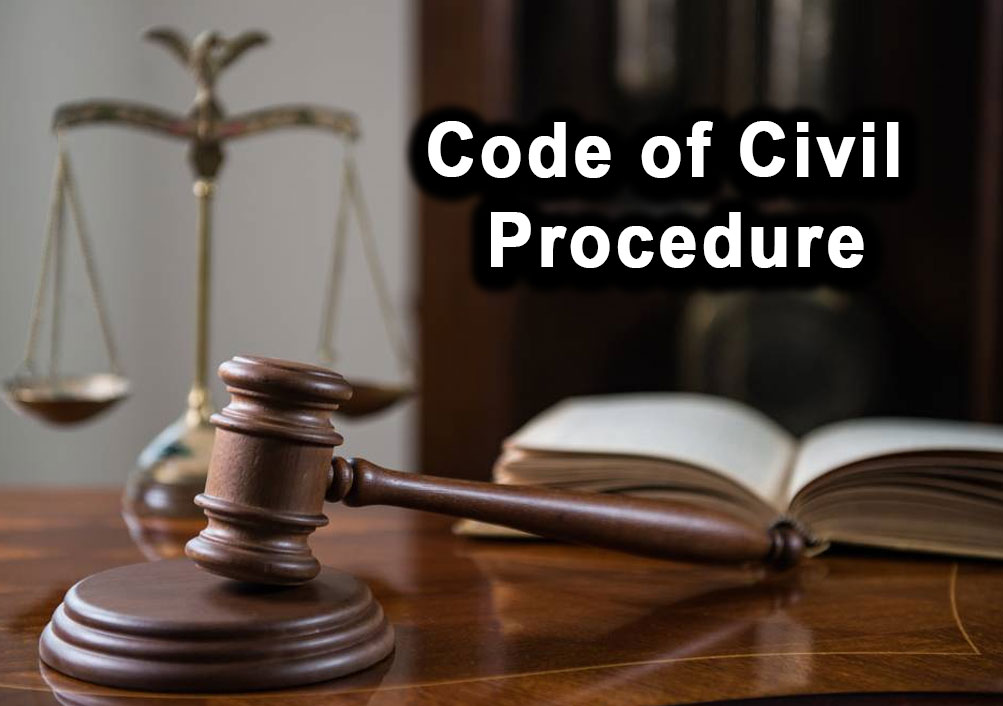In Civil Appeal No.6370 of 2022-SC- Unless Court suo motu directs to join any other person not party to suit for effective decree or for proper adjudication as per Order 1 Rule 10 CPC, nobody can be permitted to be impleaded as defendants against wish of plaintiffs: SC
Justices M.R.Shah & Krishna Murari [16-09-2022]

Read Judgment: Sudhamayee Pattnaik and Others v. Bibhu Prasad Sahoo and Others
Tulip Kanth
New Delhi, September 17, 2022: Considering that subsequent purchasers could not have been impleaded as party defendants in the application submitted by the original defendants against the wish of the plaintiffs, the Supreme Court has quashed the orders of the High Court as well as the Trial Court allowing the application under Order 1 Rule 10 CPC.
Reaffirming the settled law that the plaintiffs are the domius litis, the Division Bench of Justice M.R.Shah and Justice Krishna Murari said, “Unless the court suo motu directs to join any other person not party to the suit for effective decree and/or for proper adjudication as per Order 1 Rule 10 CPC, nobody can be permitted to be impleaded as defendants against the wish of the plaintiffs.”
In this matter, the appellants – original plaintiffs had initially instituted a Civil Suit against the original defendants for declaration, permanent injunction and recovery of possession. In the said suit, original defendants filed their joint written statement along with counter-claim.
The original defendants filed an application under Order 1 Rule 10 CPC and prayed for impleadment of subsequent purchasers as party defendants alleging inter alia that during the pendency of the suit, the plaintiffs had illegally and unlawfully alienated some parcels of the disputed land in favour of one Manasi Sahoo.Therefore, it was prayed to implead the subsequent purchasers as party defendants for proper adjudication of the suit and to avoid multiplicity of proceedings.
The plaintiffs– appellants opposed the said application on the ground that defendants had no locus standi to file such an application. It was also contended that the plaintiffs are the dominus litis and nobody can be permitted to join/implead as defendants against the wish of the plaintiffs.The Civil Judge allowed the said application and directed to implead the subsequent purchasers as defendants. Feeling aggrieved with the order passed by the trial Court allowing application under Order 1 Rule 10 CPC, the plaintiffs preferred writ petition before the High Court but the same was dismissed. Hence, this appeal was filed.
The Bench was of the view that not impleading any other person as defendants against the wish of the plaintiffs shall be at the risk of the plaintiffs. Therefore, subsequent purchasers could not have been impleaded as party defendants in the application submitted by the original defendants, that too against the wish of the plaintiffs.
So far as the reliance placed upon its decision in Rahul S. Shah v. Jinendra Kumar Gandhi by the High Court was concerned, the Bench opined that the said decision would not be applicable to the facts of the case on hand as the said decision was not a case of an application under Order 1 Rule 10 CPC to implead the persons not party to the suit as defendants and that too at the instance of the defendants.
Considering the fact that defendants had also filed counter-claim for declaration of their right, title and interest over the suit property and permanent injunction, the Bench noticed that in case the counter-claim was allowed, as the plaintiffs were opposing to implead the subsequent purchasers as party defendants, thereafter it would not be open for the plaintiffs to contend that no decree in the counter-claim be passed in absence of the subsequent purchasers.
Therefore, taking such implications into consideration, the Bench opined that non-impleading of the subsequent purchasers as defendants on the objection raised by the plaintiffs would be at the risk of the plaintiffs. Thus, the Bench allowed the appeal while setting aside the order of the High Court.
Sign up for our weekly newsletter to stay up to date on our product, events featured blog, special offer and all of the exciting things that take place here at Legitquest.




Add a Comment